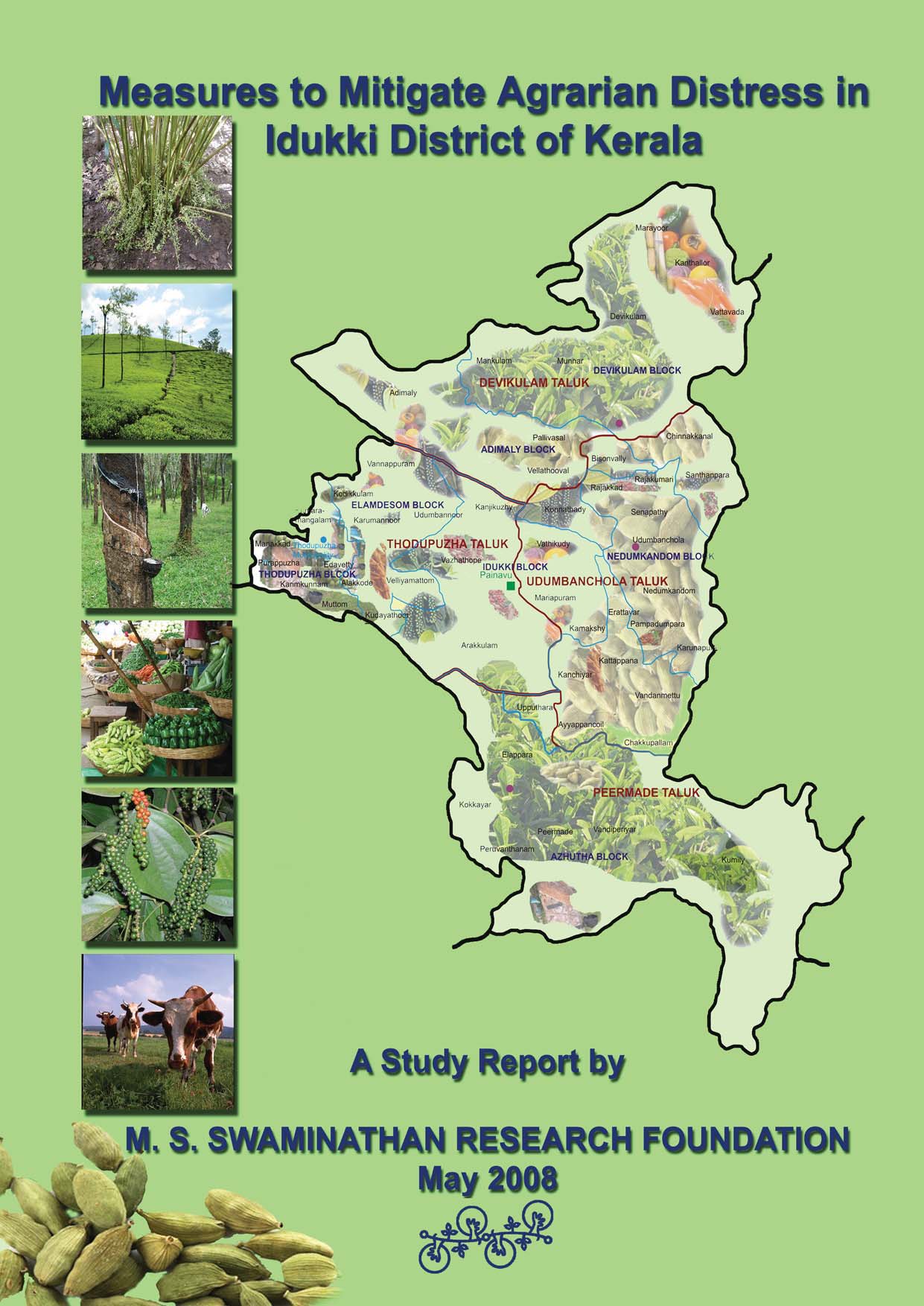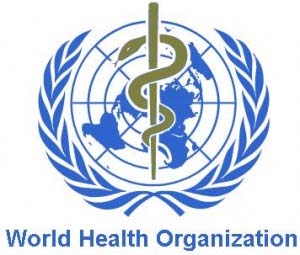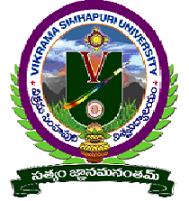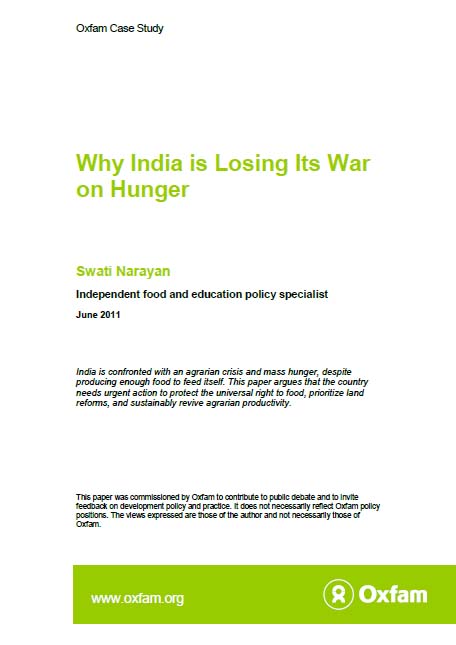/topics/climate-and-weather
Climate and Weather
National course on climate-change and flood disaster management, NIDM, August 8 – 12, 2011, New Delhi
Posted on 12 Jul, 2011 12:38 PM Organizer: National Institute of Disaster Management (NIDM)
Organizer: National Institute of Disaster Management (NIDM)
Venue: NIDM New Delhi, IIPA Campus, IP Estate, New Delhi
Measures to mitigate agrarian distress in Idukki district of Kerala : A study report by MSSRF
Posted on 10 Jul, 2011 07:38 PM Although Idukki is generally perceived as a ‘spices district’ and a ‘plantation crop district’, about 95 per cent of the farmers here are small with tribal farmers constituting a substantial component. Public investment in agriculture in this district is very poor and this hampers agricultural progress and rural livelihoods in many ways.
Although Idukki is generally perceived as a ‘spices district’ and a ‘plantation crop district’, about 95 per cent of the farmers here are small with tribal farmers constituting a substantial component. Public investment in agriculture in this district is very poor and this hampers agricultural progress and rural livelihoods in many ways.
As a result of high cost of production of major crops and its volatile prices, small farmers who constitute the majority of the farming population have accumulated debt burden exceeding 700 crores. More than eighty per cent of this debt is due to crop loans to small and marginal farmers.
The recommendations in this report are made after giving due consideration to ongoing programmes and resources being made available thereof. These are mainly focused on the small, marginal and tribal farmers and other economically disadvantaged sections. The stress is on sustainability of agricultural production systems and strengthening the regional ecology.
Status of monsoon forecasting in India – A scientific correspondence in Current Science
Posted on 09 Jul, 2011 09:49 PMThe article dealt with the prediction of Indian summer monsoon rainfall by five atmospheric general circulation models (AGCMs) during 1985–2004.
Groundwater governance in India – A case study by World Bank
Posted on 09 Jul, 2011 11:43 AMIt examines the impediments to better governance of groundwater, and explores opportunities for using groundwater to help developing countries adapt to climate change. It attempts to understand the practical issues that arise in establishing robust national governance frameworks for groundwater and in implementing these frameworks at the aquifer level.
The case study focused on the national, state and local levels. At the national and state levels, it analyzed the policy, legal, and institutional arrangements to identify the demand and supply management and incentive structures that have been established for groundwater management. At the local level, it assessed the operations, successes, and constraints facing local institutions in the governance of a number of aquifers within peninsula India, on the coast and on the plain of the Ganges river valley.
Guidelines for drinking water quality - Fourth edition by World Health Organisation (2011)
Posted on 09 Jul, 2011 10:41 AM This integrates the third edition, which was published in 2004, with both the first addendum to the third edition, published in 2006, and the second addendum to the third edition, published in 2008. It supersedes previous editions of the Guidelines and previous International Standards.
This integrates the third edition, which was published in 2004, with both the first addendum to the third edition, published in 2006, and the second addendum to the third edition, published in 2008. It supersedes previous editions of the Guidelines and previous International Standards.
This edition of the Guidelines further develops concepts, approaches and information introduced in previous editions, including the comprehensive preventive risk management approach for ensuring drinking-water quality.
National seminar on 'Climate Change: Causes, consequences & strategies for sustainable environment', Vikrama Simhapuri University, July 16 – 17, 2011, Nellore
Posted on 07 Jul, 2011 05:25 PM Organizer: Vikrama Simhapuri University
Organizer: Vikrama Simhapuri University
Venue: Seminar Hall, Vikrama Simhapuri University, Nellore
Topics:
- Climate change: Green house effect, health problems, eco-agro cultural changes, costal ecosystem and pollution control
Optimal water resource management in water stress condition : A Newsletter of AFPRO Volume 2, Issue 2 of July 2011
Posted on 07 Jul, 2011 11:29 AM Small and marginal farmers are most affected from water stress situations, and need simple, sustainable and effective measures for water conservation and management.
Small and marginal farmers are most affected from water stress situations, and need simple, sustainable and effective measures for water conservation and management.
Why India is losing its war on hunger – A case study by Oxfam
Posted on 29 Jun, 2011 08:50 AM The paper argues that the country needs urgent action to protect the universal right to food, prioritize land reforms, and sustainably revive agrarian productivity.
The paper argues that the country needs urgent action to protect the universal right to food, prioritize land reforms, and sustainably revive agrarian productivity.
India is home to a quarter of the world’s hungry people. Since the green revolution, the country has produced enough to feed itself, but it has not yet been able to wipe out mass hunger, which haunts the landscape of the countryside and lurks in the narrow alleys of urban slums.
Currently, 40 per cent of the population is malnourished – a decrease of only 10 per cent over the past three decades. Poor families, who spend more than 60 per cent of their incomes on food, are increasingly struggling to stretch their meagre household budgets. Unfortunately, small farmers have not benefited from high retail prices either, as they usually receive far less for their produce. In fact in the past 15 years, in an unprecedented wave, a quarter of a million farmers crippled by debt have chosen to commit suicide.
Low carbon strategies for inclusive growth - An interim report of the Planning Commission's expert group
Posted on 28 Jun, 2011 11:44 PM Some policy measures implied by various options have also been indicated. The main sectors examined in the report are power, transport, industry, buildings and forestry.
Some policy measures implied by various options have also been indicated. The main sectors examined in the report are power, transport, industry, buildings and forestry.
Increased concentrations of Green House Gases (GHGs) and the overall warming of the atmosphere has resulted in changing rainfall patterns, disruption in hydrological cycles, melting of ice caps and glaciers, rise in sea levels, and increase in frequency and intensity of extreme events such as heavy precipitation and cyclonic activities.
These have in turn had serious impact on sustainability of water resources, agriculture, forests and ecosystems, affecting the well being of billions of people on earth. Widespread melting of glaciers and snow cover will reduce melt water from major mountain ranges (e.g. Hindu Kush, Himalaya, Andes) where more than one billion people currently live.
Southern regional workshop on climate change, Tamil Nadu Science Forum, July 7 – 8, 2011, Hosur (TN)
Posted on 28 Jun, 2011 06:00 PMOrganizer: Tamil Nadu Science Forum
Venue: Hosur, Tamil Nadu
Description:
Southern Regional Workshop on Climate Change, is being organised by the Tamil Nadu Science Forum on behalf of the All India Peoples Science Network, New Delhi, with support from the Tata Institute of Social Sciences, Mumbai and the Shakthi Foundation, New Delhi.
The Workshop is part of a series of regional workshops aimed at motivating and training activists to create social movements aimed at mitigating and adapting to the galloping climate change. A total of around 50 scientists, resource persons and social activists from the states of Andhra Pradesh, Tamil Nadu, Karnataka, Kerala and Puducherry are expected to attend this event.





